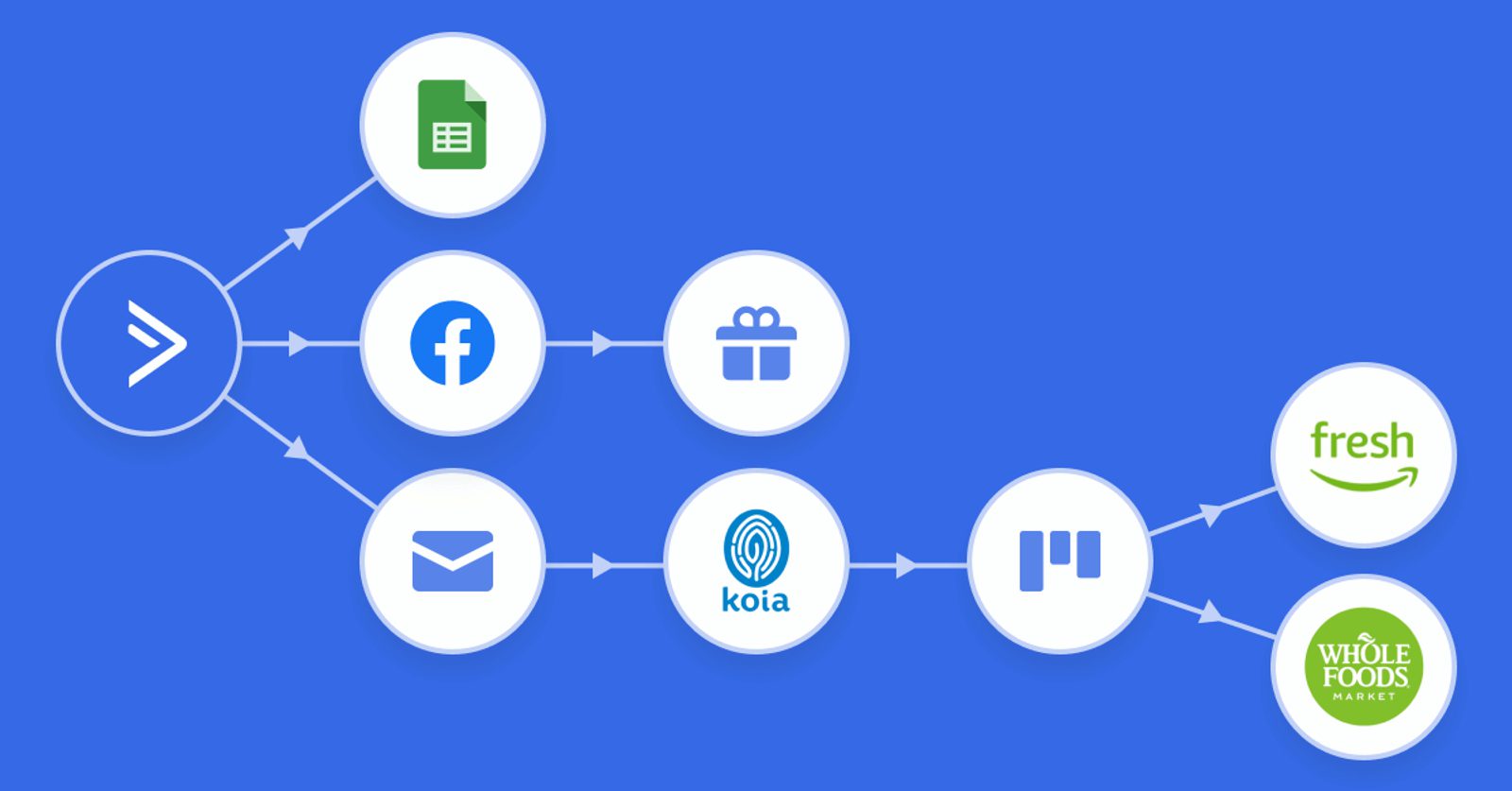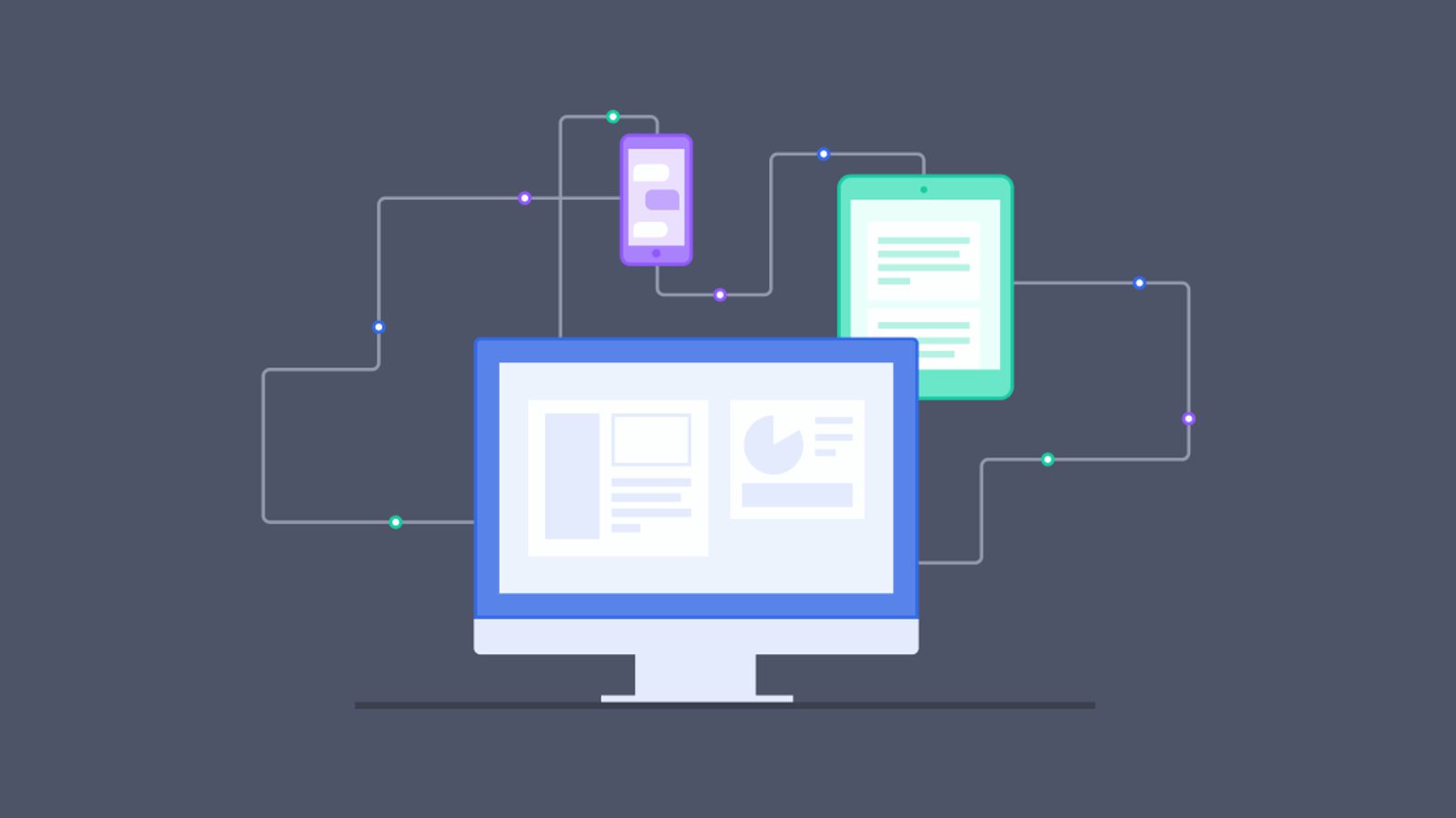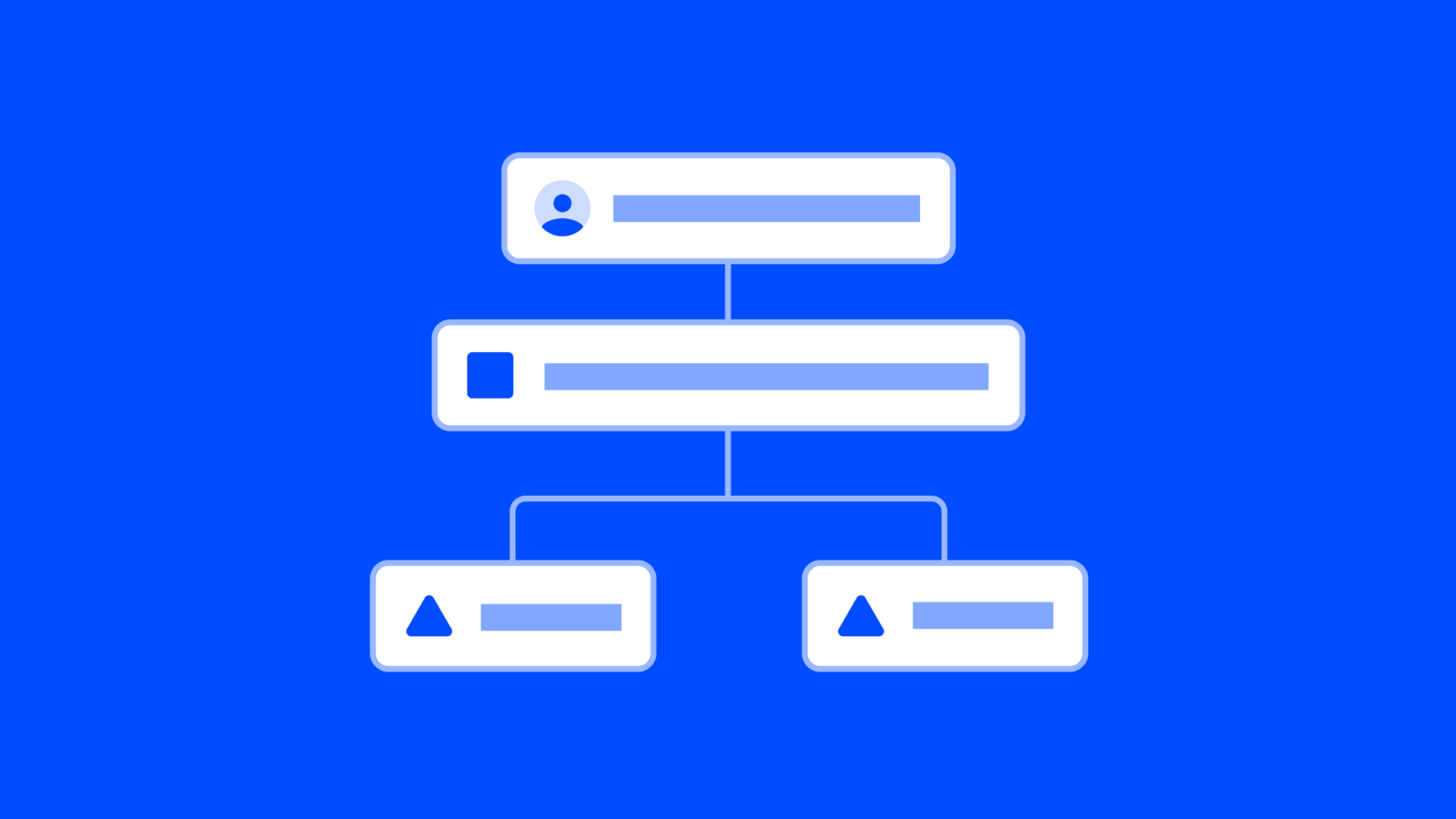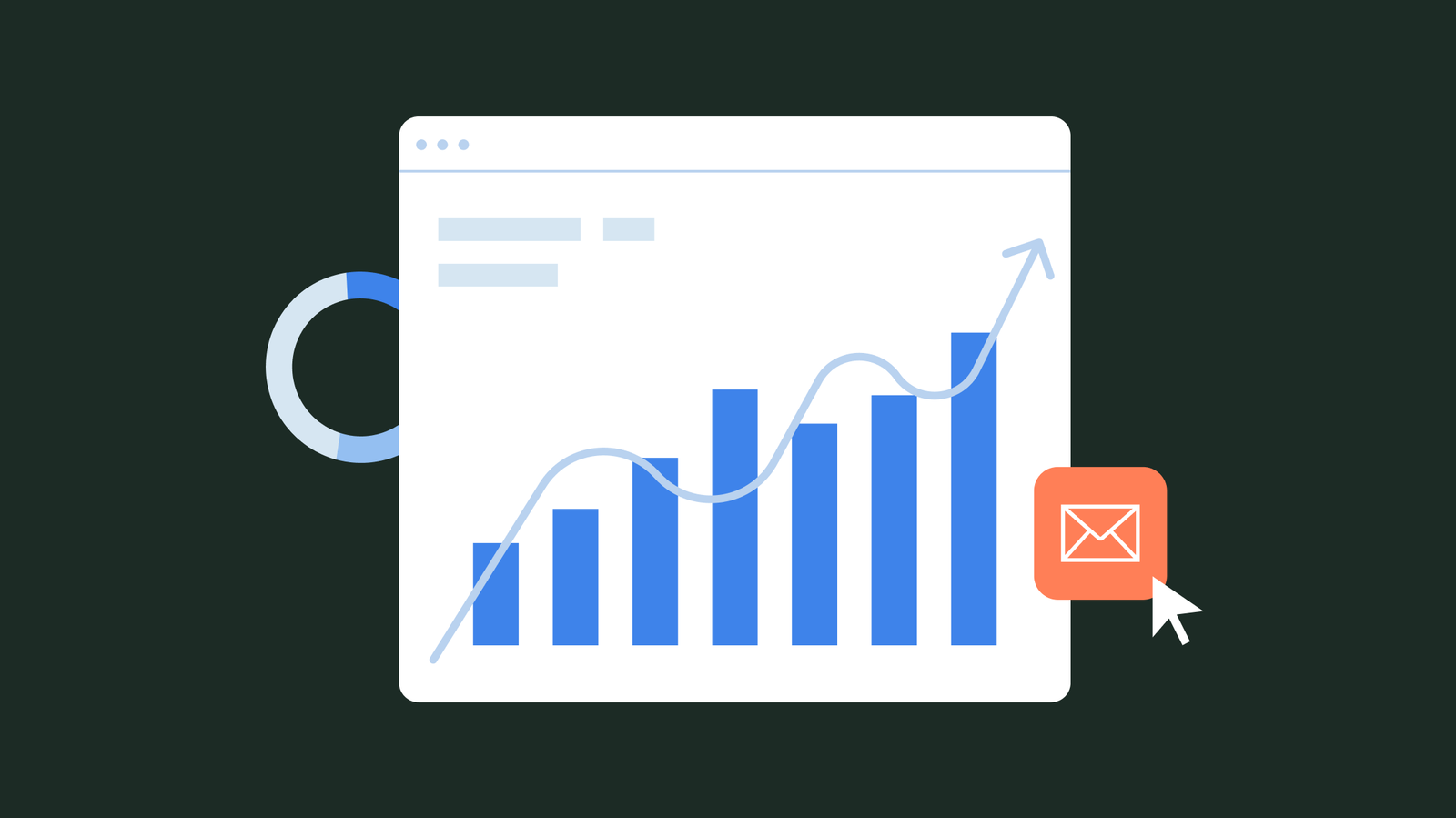There are thousands of marketing tools you could use—but which marketing software should you use?
Choosing the best marketing software for your business is hard. There are so many options, and it feels like there are a lot of ways to go wrong.
You’re worried that you could end up:
- Losing time and money
- Damaging your reputation and career as a marketing professional
- Choosing the wrong tool for the job
- Paying for features that you’ll never use
- Buying software that doesn’t work well together
Let’s be honest: In 2024, marketing software is all over the map.
New software categories are popping up every day. Conversational marketing? Revenue acceleration platform? Gifting software? Which ones do you need to consider (and which ones can you ignore)?
Keep reading to see what each type of marketing software is useful for, who can benefit from it, and which pieces of marketing software you actually need to run your business.
20 different types of marketing software used by top marketers
Savvy marketers use excellent marketing software and orchestrate it together to increase their results further.
If you’re searching for the right marketing software stack for your business, here’s a quick guide to 20 of the most important software categories you can use to improve your marketing.
1. Customer relationship management (CRM) software
Customer relationship management (CRM) software manages and tracks customer relationships.
Has anybody followed up with that lead? When? How? Did they get the demo video that we sent them? When’s the next meeting?
66% of consumers say connected experiences—like seamless handoffs between departments and channels—are very important to win their business.
With so many customer touch points in today’s marketing and sales landscape, keeping track of where your customers are at in their customer lifecycle can be a nightmare.
Long gone are the days of managing customer relationships in a spreadsheet (or worse, in your head). A CRM (customer relationship management) software is fast becoming essential for many businesses.
Popular CRM tools: ActiveCampaign, Salesforce, Microsoft Dynamics
ActiveCampaign’s CRM continues to outrank the rest (with over 7,200+ reviews):
Life-changing marketing software. ActiveCampaign is a very user-friendly but at the same time extremely powerful marketing software. The awesome thing about it is that it is not simply an email sender or autoresponder. It goes so much more in depth with a fully customizable CRM and pipeline manager.
- Alberto O.Already using Salesforce for a CRM?
We use Salesforce for our CRM. We wanted to find something that would integrate to that easily in the marketing platform space. ActiveCampaign checked that box like a champ.
- Mike M.Learn more about ActiveCampaign’s top-rated sales CRM software.
2. Social media management (organic and paid) software
Social media management software tracks paid social marketing campaigns, discovers branded conversations on social platforms, posts to social media platforms, and analyzes social reach.
Social media marketing and communication teams use social media management tools to establish workflows, share engaging content, engage in social communities, and improve brand awareness.
Often, these tools allow a business to:
- Calendar/plan their social media content
- Publish/automate social media posts directly to a platform (across multiple platforms and accounts)
- Reply to social media mentions within the software
- Store/archive social media posts and brand assets for later us
Popular social media tools: Sprout Social, Buzzsumo, Buffer, Meltwater
3. Email marketing software
Email marketing software builds and maintains relationships and encourages contacts to take action.
Creating email campaigns and sending emails is easier than ever, but getting the right emails in front of the right people at the right time is not.
Top email marketing software tools allow you to segment your email contacts to send highly relevant messages at exactly the right time. With automation platforms like Zapier and SureTriggers, you can take your email marketing initiatives to the next level.
With a 4.6 (out of 5) across 7,200+ reviews on G2, ActiveCampaign continues to be the email service provider of choice for businesses and marketers:
Reporting, segmentation, and automations are great in ActiveCampaign. Our email deliverability has greatly improved as well. The drag and drop editor is very easy to use and even people in my company who don't have a design background are able to use it. Our site runs on Shopify. Integration was simple and I like how they "talk" to each other.
- Dave F.Dave and 7,200+ other reviews can’t be wrong.
4. Video conferencing software
Video conferencing software is used for client meetings, team meetings, interviews, and collaboration. Video is a powerful part of your marketing software stack.
With many businesses (that were able to) going remote during the pandemic, video conferencing became must-have marketing software.
Popular video tools: Zoom, Google Hangout, Skype, Microsoft Teams
5. Content management software (CMS)
Content management software (CMS) increases the ease of publishing and editing content online.
Most modern marketers use some sort of content management software (CMS). WordPress, the most popular CMS, powers nearly 40% of all websites and owns 64% of the CMS market share.
Popular content management tools: WordPress, Drupal, Ghost, Wix, Appy Pie Website Builder, Squarespace
6. Marketing automation software
Marketing automation software is used to make every customer feel like they have a personal marketer working at your company.
Marketing automation is 1 of the most powerful categories of marketing software, as it allows your marketing team to scale your efforts (almost) indefinitely.
You got into business to do what you love, not send emails and spend your entire day on a spreadsheet. The best marketing automation software helps you automate all of the marketing tasks that you don’t have time for.
Before coming on board at HSD Metrics, they had no idea how marketing worked, let alone marketing automation and the best practices associated. With ActiveCampaign I've been able to clearly articulate both the importance of these best practices as well as how to best implement them no matter the skill level of the individual that will be performing the execution.
- Jacob B.Active Campaign has powerful features, like many other marketing automation platforms, but my favorite thing about it is how user friendly it is.
- Todd T.Learn more about ActiveCampaign’s marketing automation software.
7. Landing page software
Landing page software tests, analyzes, and increases conversion rates on landing pages.
Running a targeted marketing campaign and wish you could figure out which of your pages are performing the best?
Landing page software allows marketers to create, a/b test, analyze and optimize the pages they’re sending traffic to.
Popular landing page tools: Visual Website Optimizer (VWO), Optimizely, Unbounce
8. Search engine optimization (SEO) software
SEO software improves the discoverability of your business in search engines.
Once considered “free” traffic made by tweaking a few small things on your website, search engine optimization (SEO) has become immensely competitive over the last decade. This software category has become essential to most marketers’ tech stack to help them spy on competitors, build backlinks and optimize their content for search engine visitors.
Popular SEO tools: SEMrush, Ahrefs, Moz, Frase, Pitchbox, Seobility, SE Ranking
9. Website analytics software
Website analytics software is used to analyze and attribute marketing efforts.
Want to know who’s visiting your website and what they’re doing there? Do you wish you knew which marketing channels and campaigns had the biggest impact on your customers and business?
Ultimately, every marketing technology stack has a foundation in website analytics. The better your analytics help you assess what’s working (and what isn’t), the faster you can improve your marketing and customer experience.
Popular website analytics tools: Google Analytics, Fathom Analytics, Crazy Egg, Hotjar, Kissmetrics
10. Paid marketing (programmatic, retargeting, display) software
Paid marketing software serves ads on websites across the internet, including specifically retargeting users who have previously visited their site.
To achieve a larger reach for their brand, marketers (and the third-party ad agencies they contract with) drive brand awareness and direct response marketing campaigns by buying display advertisements on other websites.
While seemingly the most common form of online advertising, display advertising is commonly offered as a cross-channel platform allowing businesses to market across mobile, social media, web, and search engines.
These tools can also use cookies for retargeting website visitors via pixels. Once the user leaves the website, the pixel interacts with paid retargeting software to serve specific ads based on the pages the user visited or interacted with on the original website.
Often, paid marketing tools allow a business to:
- Attach pixels and identify website visitors
- Use cookies for advertising to website visitors on other websites
- Track success metrics such as ROAS, reach, and conversions
- Buy and serve display ads via ad networks and exchanges
- Create display advertisements such as rich media and banners
Popular paid marketing tools: Zeta, Adroll, Google Adwords
11. Customer service software
Customer service software allows businesses to support users and customers without needing live chat or customer support agents.
Businesses can offer support around-the-clock by allowing customers to troubleshoot issues and find information without the support of a customer service representative. These self-service tools enable service agents to focus (improving productivity) and indirectly improve customer satisfaction.
With a branded knowledge base (KB), customer service software tools allow customers to view contextually guided tutorials and walkthroughs and interact with automated digital chatbots.
Commonly known as “help desk software,” customer service software allows a business to:
- Provide 24-hour support (even when support agents are offline)
- Create a database of frequently asked questions
- Assist customers with common task completion
Popular customer service tools: Zoho Desk, Zendesk, Freshdesk
12. Affiliate marketing software
Affiliate marketing software is used by businesses to allow affiliates to promote the business’s products and services on their site. The affiliates then receive a percentage of the total sale as a commission based on conversions, sales, and (sometimes) traffic.
Often in the form of an affiliate “network,” this software allows marketers to track, manage, and scale an affiliate marketing program. Campaign tracking and even payouts are done within the software platform.
The major advantage of affiliate marketing for businesses is that payments are often only made when sales occur, allowing a brand to work with content creators and influencers to increase brand awareness while only paying for conversions.
Affiliate marketing software allows a business to:
- Allow potential affiliates to apply for the program
- Manage affiliate campaigns
- Track affiliate campaigns and payments
Popular affiliate marketing tools: Impact, PartnerStack
Interested in affiliate marketing and want to make $1,350 per referral? Click here to join the ActiveCampaign affiliate program.
13. Live chat software
Live chat software is used by businesses to communicate in real-time with website visitors.
There are multiple use cases within a business, including:
- Customer service agents can support your users with product-related questions and website navigation problems
- Marketers can interact with website visitors and help them to the next best step in the customer lifecycle
- Sales team and business development professionals can interact with new and returning leads
Live chat software allows a business to:
- Instantly reply to messages across multiple platforms
- Prompt users to use the chat feature or live natively on the website
- Provide a unified inbox for support teams
- Searchable conversation archives
- Report and analyze the effectiveness of their team members using live chat
- Automate chatbots to support marketing
Want to engage with your customers in real-time? Click here to try ActiveCampaign Conversations for free.
14. Account-based marketing (ABM) software
In place of a traditional “marketing funnel” approach, account-based marketing (ABM) software focuses on a narrower approach to account intelligence and account management: aligning marketing and sales goals together in a single effort.
Account-based marketing (ABM) software has grown in popularity as the traditional “top of funnel” approach has saturated certain industries.
A strong account-based marketing strategy requires strong communication between sales and marketing and intelligence-gathering on key accounts. Because the effort is so focused, marketers and salespeople need to know, up to the minute, where an account is in the customer lifecycle.
Popular ABM tools: Terminus, DemandBase, ZoomInfo
As you can see, there are anywhere from 2 to over a dozen options within each category.
With so much to lose, how do you make a smart decision for your business?
15. Print material and solution software
While it might seem outdated, print is still very relevant for many businesses. In fact, by combining print marketing with digital ads, your efforts can be up to 400% more effective.
However, it’s not just print ads that have such an impact. Offline marketing, such as brochures, pamphlets, and direct mail, is still very much relevant today, increasing brand awareness and helping you reach your target audience. Still, you want to bring these folks you're marketing to into your digital ecosystem, and QR codes make this process simple. You can create them with the help of a QR Code Generator.
Of course, gone are the days of printing thousands of pamphlets and handing them out to anyone and everyone in hopes of getting a few sales. You’ll need to know your target audience, where they are, and what type of print media they prefer.
Popular print solution software: Postcardmania Direct Mail, Priint:Suite
16. Content marketing software
Content marketing is still 1 of the top tools in any company's toolbox for growth. You're unlikely to grow without amazing content relevant to your target audience.
However, when it comes to content marketing and content management, there’s a lot to keep track of. That’s where content marketing software comes in.
The best content marketing software will help you develop, plan, and track your content, including a content calendar, KPI tracking, and optimization. Another common feature of content marketing software is automating content distribution to your website and social media.
Popular content marketing software: Frase.io, Google Suite, Flipsnack, ContentStudio
While this type of software might not be necessary for small businesses, the amount of content grows rapidly, and getting it into place early can save time and money.
17. Event marketing software
When you’re planning an event, there are many logistics that need to be considered. Signup forms, landing pages, email automation, and attendee tracking are some of the important aspects of a successful event.
This is where event marketing software comes in to help keep everything organized and as simple as possible. With the right event marketing software, you can send timely updates, relevant emails, and reach your attendees with what they need when they need it.
Popular event marketing software: ActiveCampaign, Eventbrite, Cvent
Event marketing software is the best way to plan and manage your events online or in person.
18. Business intelligence software
When it comes to your business, having information on your internal processes, departments, and the impact of your decisions is critical. After all, if you don’t have data on what’s working and what’s not, you won’t be able to make decisions for your business that promote growth!
Business intelligence software gives you an unbiased view of how your company works and helps to inform you where you should go in the future.
Popular business intelligence software: Power BI, Oracle Analytics Cloud, MicroStrategy
Not only does business intelligence software lay out the essential data, but it also helps you analyze and strategize.
19. Project management software
Tracking your projects via Google Suite can only work for so long before it breaks. Maybe there’s too much going on, too many people editing at once, or your data disappears. Tracking projects on Google Suite only works if you prefer a spreadsheet-based project management solution such as Sheetgo.
This is where project management software comes in.
A good project management software will include detailed tasks, checkpoints or milestones, notifications, and collaboration, all of which work seamlessly together without much effort from your team.
Popular project management software: Asana, Trello, Zoho, Sheetgo
Picking out and using a project management software before you need it can save a lot of headaches when your business outgrows spreadsheets.
20. Data privacy software
Though not directly a marketing software, data privacy software is important. Publishing a privacy policy and managing user consent preferences on your site increases consumer trust and helps you comply with data privacy laws so you avoid possible fines.
Legislation like the General Data Protection Regulation (GDPR), the California Consumer Privacy Act (CCPA), and a growing number of U.S. state data privacy laws have broad scopes and apply to websites worldwide.
These laws require you to present users with a privacy notice and give them ways to consent to different types of data collection and processing—like targeted advertising and the selling or sharing of their data.
To make compliance easier, use a privacy policy generator to create a comprehensive policy that meets all standards outlined by these and other data privacy laws.
Implement a reliable consent management platform (CMP) so users can create a cookie consent banner and preference center and opt into or out of your various processing activities.
You should also link a Data Subject Access Request (DSAR) form to your site so users can easily submit requests to follow through on their additional privacy rights.
How to choose a marketing software
But it feels like there are more choices than ever, and every single 1 is vying for attention.
How do you choose? What makes some marketing software better than others?
- Use case—Understand exactly what you will use the marketing software for. Choose software that enhances your team with actionable insights. You may not need that new chatbot software if your website only gets 750 views monthly.
- Goals—What will this software help you achieve, and how long will it take to achieve that goal? Once you know what numbers you want to hit, you can better align with a software provider that meets your needs.
- Reviews—G2 was linked to multiple times above because it’s a fantastic site for research software reviews. Once you’ve established why you want a new marketing tool and how it can help you, search for reviews based on that use case and goals (ex: ActiveCampaign has 7,200+ reviews, but you can filter it down to specific categories like CRM, email automation or email marketing).
- Case study—Every software vendor worth considering will have case studies or customer stories published on their website. Check if 1 aligns with your business, use case, and goals.
- Demo/review—Asking a representative from the vendor to demonstrate the software for you is a great way to see if it can do everything you need for your business.
- Trial—Finally, don’t just settle for the demo. Ideally, you want the person who will be using the product to be able to use it before committing to payment or a long-term agreement.
Regardless of their size, every business could benefit from using marketing software, allowing a small team (sometimes even a single employee) to do the work of many.
Many things separate the top marketers from their less successful counterparts, but 1 aspect that stands out is their ability to use technology to their advantage.

Now that you’ve chosen the best tools for the job, our tools need to talk to each other and work together.
When tools need to talk, businesses turn to marketing orchestration.
Click here to read our ultimate guide to marketing orchestration.








